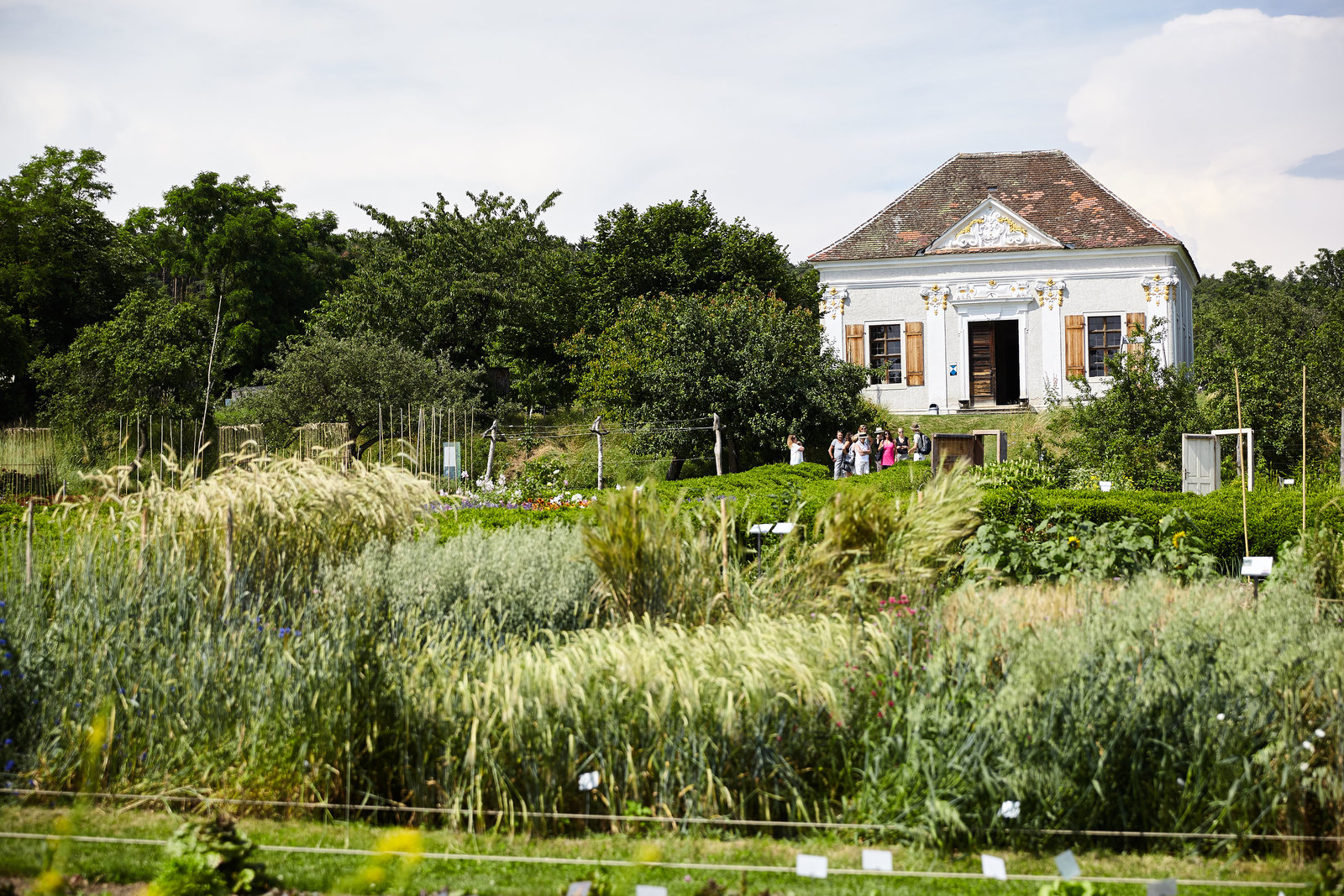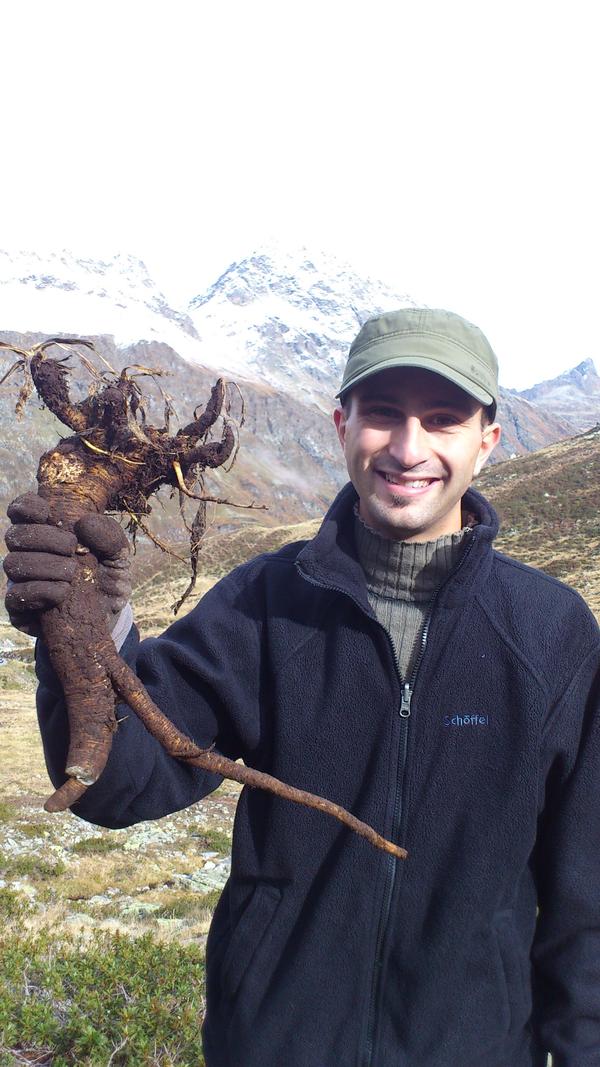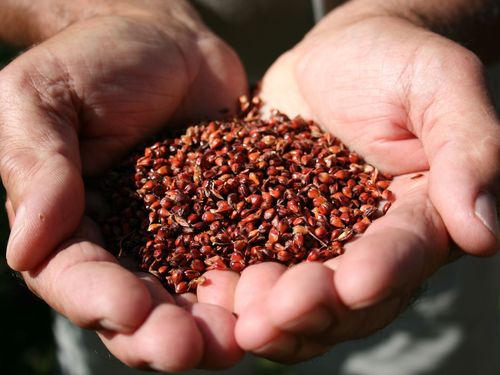Sustainable food production
For generations, people in Austria have passed on knowledge about growing and processing regional and local agricultural products. The protection of species, habitats and genetic diversity needs stronger efforts, as recent decades have seen drastic losses of biodiversity and progressive destruction of our ecosystems. Biodiversity protection is also anchored in the global Sustainable Development Goals (SDGs): especially SDG 2 aims at food security through sustainable agriculture, but local food production is also related to SDG 14 is life under water, SDG 15 is life on land.


According to SDG Watch Austria, the industrialization of agriculture is largely responsible for the extinction of animal and plant species. Genetic engineering, patents on seeds and seed monopolies are a threat to the cultural heritage of biodiversity. With SDG Goal 15, "Life on Land," the world has committed to protecting and restoring terrestrial ecosystems and ending biodiversity loss. SDG 2, "Secure food," especially sub-goal 2.5, calls for preserving the genetic diversity of seeds and crops, as well as livestock and domestic animals, by 2030.
The discussion of intangible cultural heritage has created an awareness of the individual's responsibility and their contribution to the respectful treatment of our environment. Elements of the national inventory related to the field of "knowledge of nature and the universe" provide important impulses and examples that respectful treatment and observation of nature and its conditions, today as then, are relevant to sustainable development.
Among the first entries in 2010 was the preservation, further development and transfer of knowledge regarding the cultivation, harvesting and processing of grain, which plays a central role in the production of Lesachtal bread. The locations, harvesting and processing of the dotted gentian have been passed down for centuries in the Tyrolean community of Galtür. 2014 followed the association Arche Noah knowledge of seed cultivation, harvesting, selection and purification of seeds. 2018 the meadow irrigation as a sustainable and aenergetic irrigation method of the fields.
Culinatry Heritage
Products are not intangible cultural heritage within the meaning of the UNESCO Convention. Consequently, the inclusion of a product from the food sector in the National List of Intangible Cultural Heritage is not possible.
Under the term "culinary heritage", projects are being carried out all over the world to promote traditional foods and dishes as identity-forming features of a region. The Federal Ministry of Agriculture, Regions and Tourism has also launched various initiatives in recent years to ensure the preservation and marketing of traditional foods in Austria.
Among other things, it has created a register of traditional agricultural products and foodstuffs that have been cultivated or processed in Austria's regions for at least three generations, in accordance with the guidelines of the World Intellectual Property Organization (WIPO). This is the first of its kind in the world. Of these foods, some have already received awards under the "Genuss Region Österreich" initiative. Here you can find the register:

![[Translate to EN:] © J. Ségur/ZED, with the permission of UNESCO](/fileadmin/_processed_/d/b/csm_Convention-2003-IKE_0832a6a47d.jpg)
![[Translate to EN:] © ÖUK](/fileadmin/_processed_/3/9/csm_P1011318_7eac86402f.jpg)

![[Translate to EN:] © Weitblickfilm](/fileadmin/_processed_/9/8/csm_Workshop_17_2dee1e1fd8.jpg)